Curriculum Characteristics
Curriculum emphasizes child-centered design at differential levels to match the life experience and community contexts, using stories, whole language approach, Montessori philosophy's practical life training, "Leap" curriculum with systemic body education, and aesthetic activities to promote children creativity to achieve holistic development, and to cultivate self-initiated learning attitudes and autonomy.
Under the collaboration between Psychologists, our Project Officer (Curriculum), the Principal and Early Childhood Practitioner (teachers), curriculum are designed for diverse, balanced, integrated and spiral to enrich children's learning.
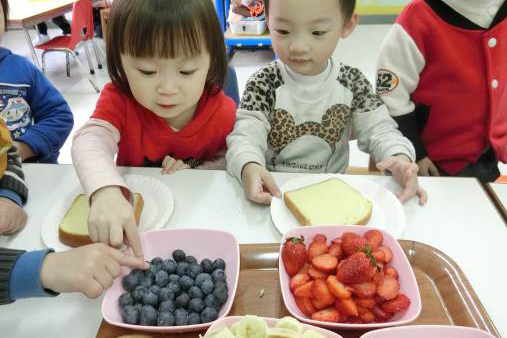
We are convinced that teaching languages used in a social context or applied in real situations can help enhancing children's reading, writing and listening skills. Hence, teachers always act as storytellers and further require children to role-play and perform discussions.
In addition to activities, classrooms in our school are also equipped with language corners, which can let children learn vocabularies via wonderful decorations and interesting mini-games.
Teachers would implement project activities with children to identify a definite topic interested and to go through making hypothesis, information collection, exploration, observation, visit, discussion, concluding findings and presenting their learning outcomes.
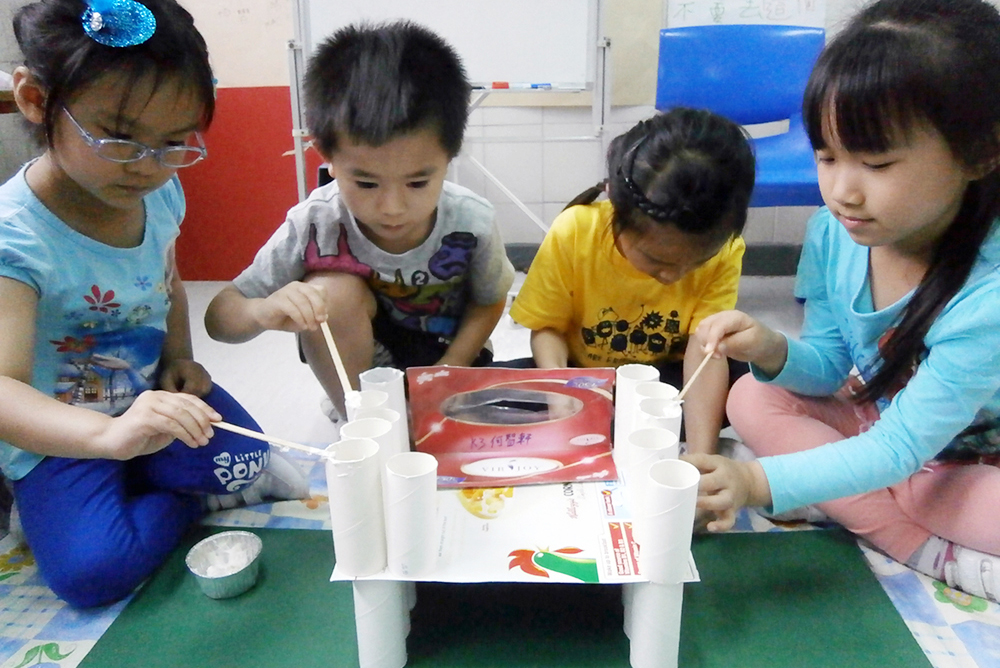
A systematic programme can guide children to control emotions, which can indirectly lead to caring culture. This programme lets children be aware of psychological characteristics and emotional changes, build up self-esteem and positive self-image. At the same time, they may find out the importance of respect and love.
Children love acquiring knowledge and learning skills by applying their five senses and body movements. Learning in such method is beneficial for their brain development. Therefore, Perceptual-Motor Programmes and Parent-child Homework of these Programmes are particularly designed for children to stimulate their senses and control of bodies.
Participating in these programmes, children would be capable of maintaining sustained attention, controlling emotions along with living independently and confidently.
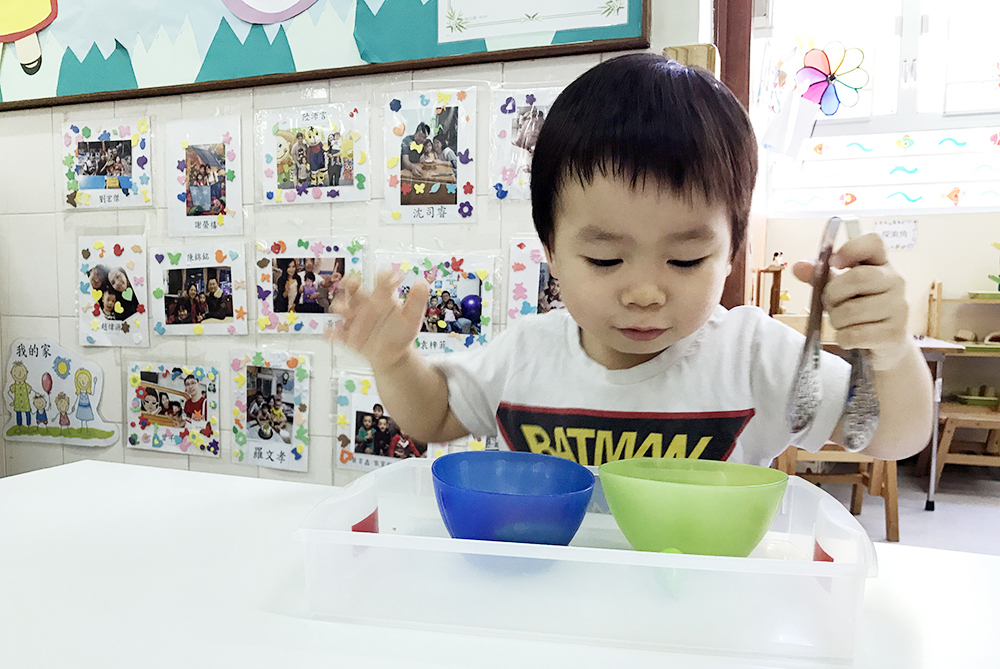
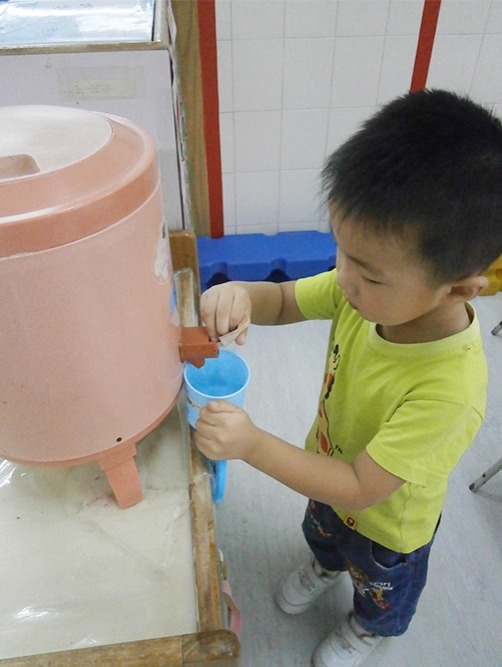
Teachers frequently present life trainings that emphasize the practical skills on self-care. Those trainings can assist children to build up a sense of responsibility and confidence. Children understand how to love themselves, others and even the environment.
「敢動!」是由「何鴻毅家族基金」策劃,「雲門舞集舞蹈教室」協辦,而「雲門舞集舞蹈教室」的舞蹈家、舞蹈教育家、幼童發展專家、音樂教育家在台灣推行課程已有十多年。
注重孩子在身體、認知、群性、美感等方面的發展,透過身體教育和生活互動,讓每個孩子從認識自己的身體開始,在「玩」的過程中了解自己,探索世界,並學習尊重和關懷別人。
現時「敢動!」計劃已交由東華三院負責,並會持續推行,敢動老師亦屬本機構之同事,可就幼兒之個別情況與家長多作溝通。由每學年十月份開始進行「敢動!」活動,約每星期一次。
The aesthetic activities promoted by the Lincoln Center Institute are famous for inspiring children creativity in fine art through designs and appreciations on art pieces in novel aspects. Concerning this achievement, we hold different relevant activities to excite children the development in the aesthetic domain.
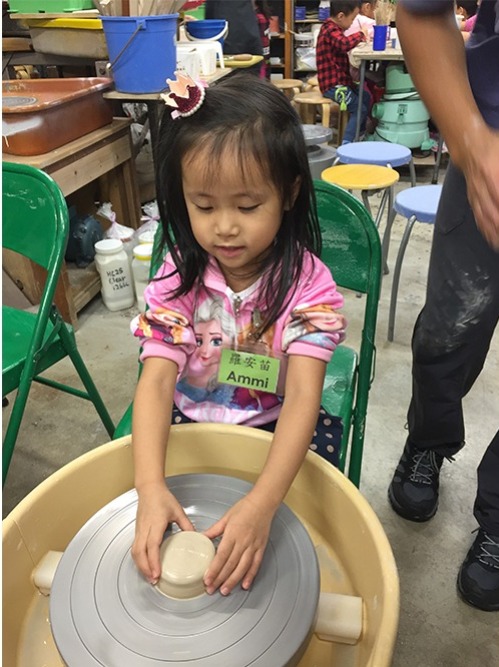
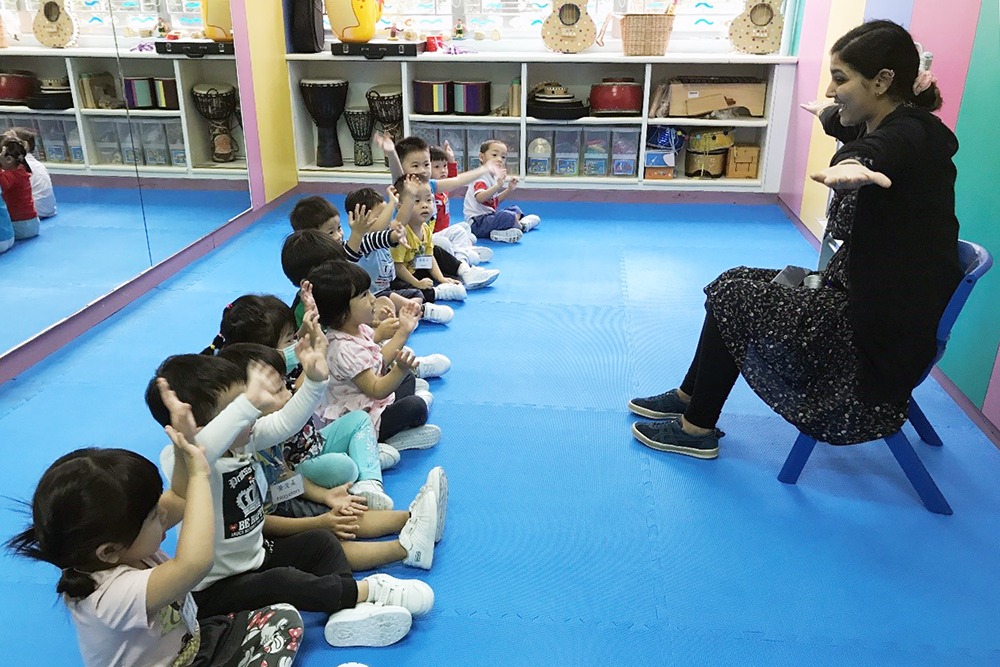
Combining lessons with vivid rhythms and funny games, English or Mandarin native teachers can enhance the language proficiency in children.
If there are NCS students enrolling our school, the following support will be provided:
Received the Grant for Support to NCS Students
Appoint additional teaching staff / teaching assistants to support NCS students learning Chinese
Create an enriched language environment for mastery of the Chinese language
Create an inclusive learning environment to facilitate students’ integration
Facilitate professional development for teachers to develop effective strategies to help NCS students learn Chinese
Participate in school-based professional support programmes organized by the EDB
For support the learning of Non-Chinese speaking children, our school has translated the Chinese version of resources and homework into English version, so that parents can guide their children to complete it at home
The School App is available in Chinese and English versions, and all announcements are issued in bilingual mode to promote home-school communication
To supporting NCS children (notably students of diverse races) to learn Chinese language, build up their motivations and interests in learning, and integration into the community.
Contact us:
Telephone: 2466 7454
Email:tkpns@tungwah.org.hk